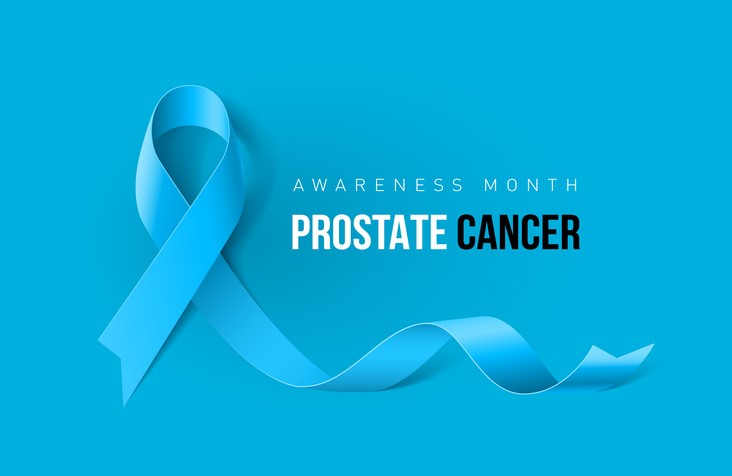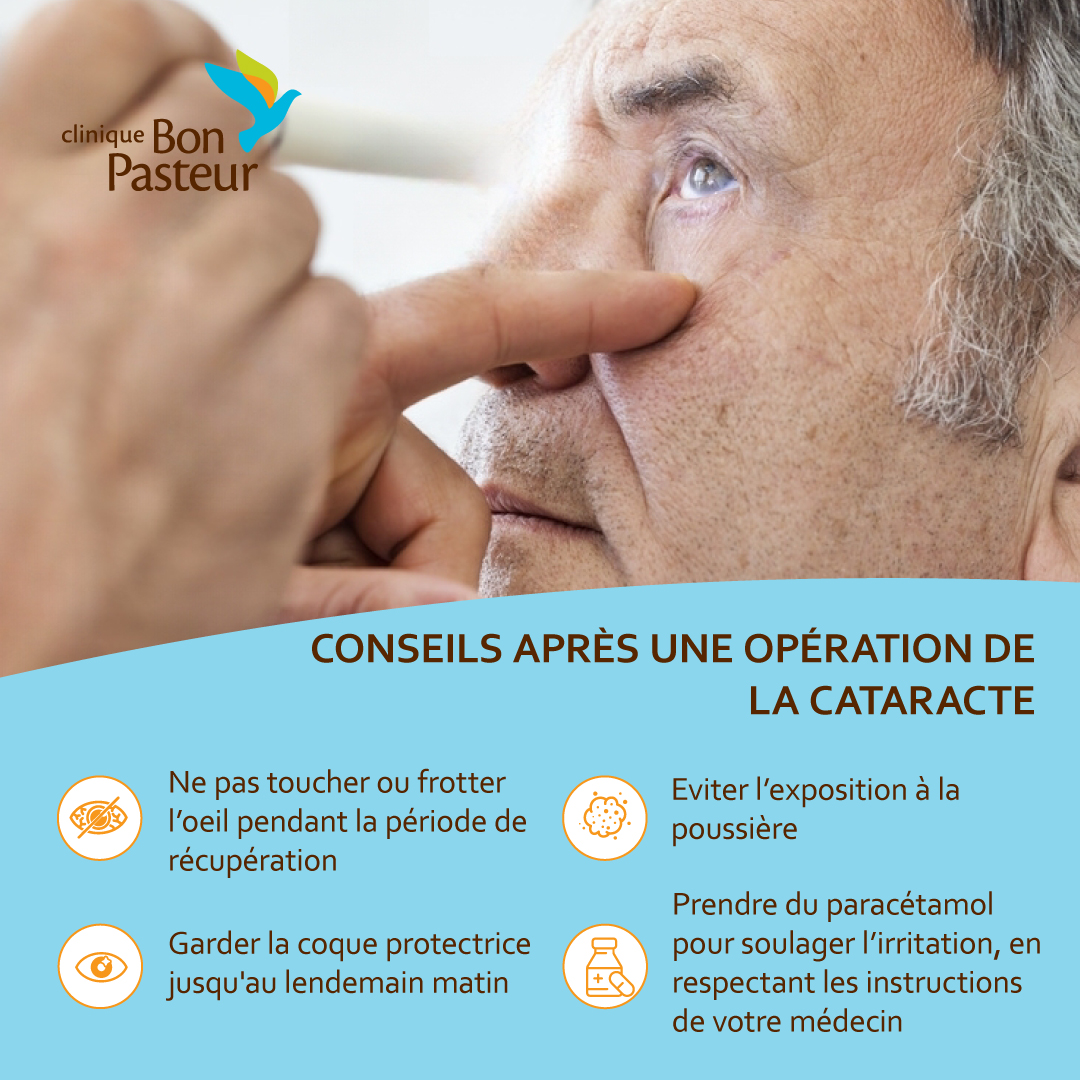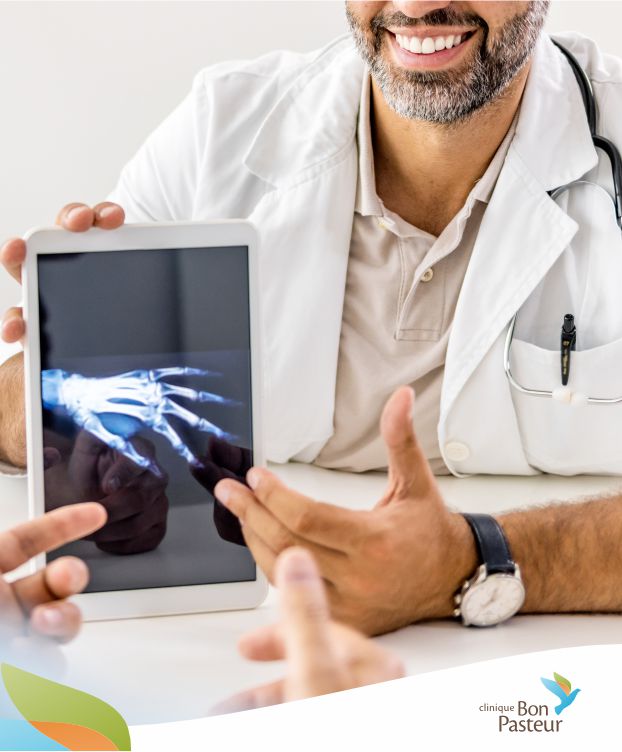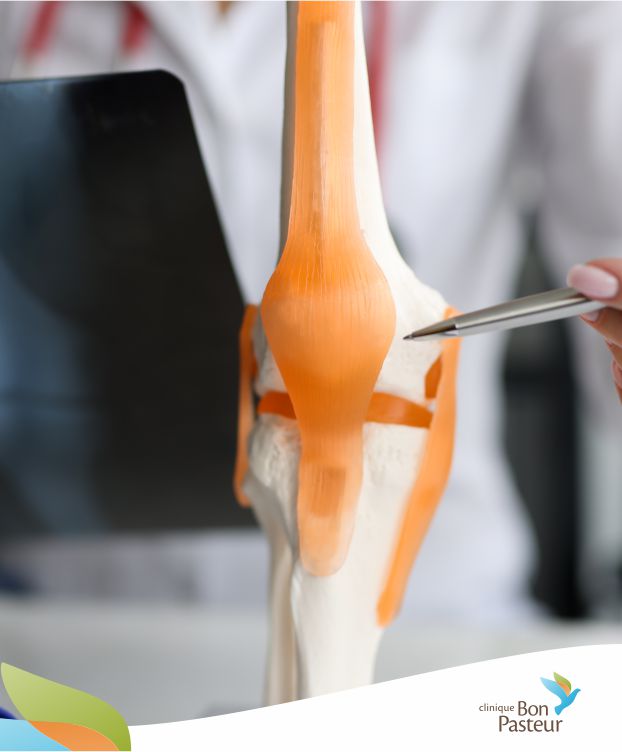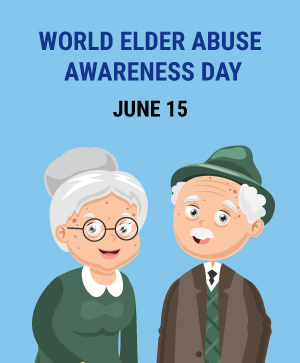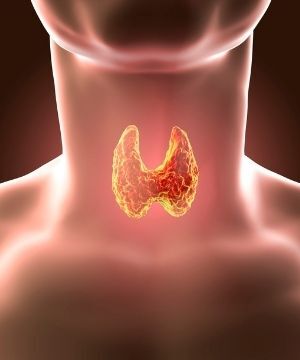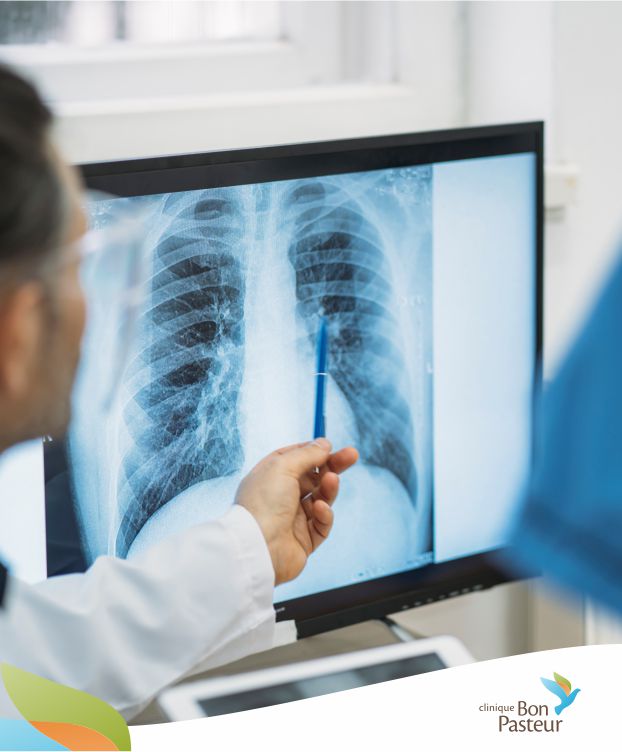The RozarMedicalLaboratory Centre: State-of-the-art medical check-ups at Clinique Bon Pasteur
May 26, 2021
This month we are diving into some aspects of the laboratory within Clinique Bon Pasteur’s premises, the RozarMedicalLaboratory Centre. It has been over twenty years that the laboratory has been established there, and regularly performs nearly all required medical tests.
As we know that our patients often have questions about medical check-ups, we spoke with José Rozar, director of the laboratory, who walks us through some specifics about the laboratory.
When should we undergo a medical check-up?
At the RozarMedicalLaboratory Centre, it is recommended that you first see your General Practitioner, who will be able to advise you on targeted check-ups required based on your general health. Also, if you have a specialist who is treating you for a specific disease, the latter will know when and why to channel you to the laboratory for specific tests. It is therefore not advisable to go to the laboratory for blood tests without seeing your doctor first.
And what can we learn from a blood test?
“Everything and nothing at all” says José Rozar. We can indeed detect anemia, or a disease that dates back to your birth, or the tests can establish that you are in perfect health. “The most common health issues that are detected at the laboratory are diabetes, anemia in some women, or cases of hypercholesterolemia” However, it is good to know that a blood test does not necessarily reveal all types of abnormalities . Brain cancer or yeast infection, for example, will not necessarily be detected through a blood test.
Complementarity of the laboratory technician and your physician
José Rozar reminds us that “tests do not work alone, as it is the role of the referring physician to interpret these results for you.” Your general practitioner or specialist has an overview of your medical history, and sometimes that of your family. It will therefore be up to him/her to interpret these results, explain them to you, and prescribe any treatment that may be necessary following this medical check-up.” It is important that a lab technician does not take on the role of the doctor, and interpret these results for the patient”.
When to have a blood test?
If you have an existing pathology and you already have a medical follow-up regarding this, there sometimes are regular tests that your doctor will be prescribing. Otherwise, it is generally recommended to have a blood test once a year as from the age of 35.
Thus, if you are not feeling very well, or if you just want to get a general check-up, no need to rush to the lab. Instead, you should consider making an appointment with your doctor first. You will then go to the laboratory for a check-up, where you will meet José Rozar and his team for the required check-ups.
Appointments for medical visits or for laboratory tests at Clinique Bon Pasteur can be made on 401 9500.
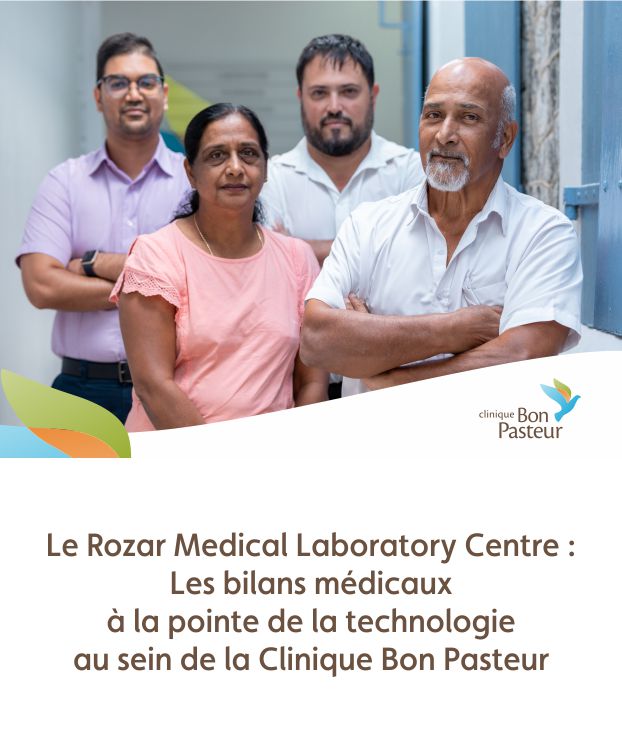
Related Article
